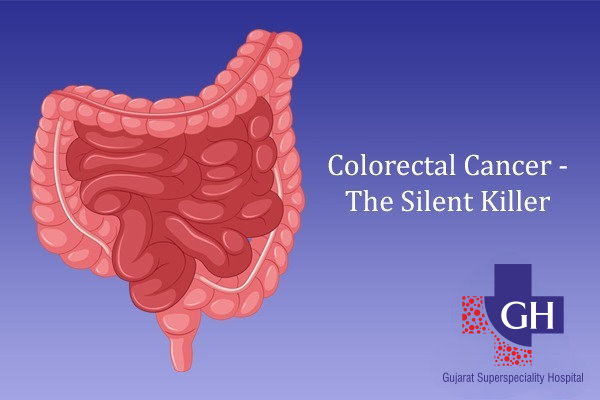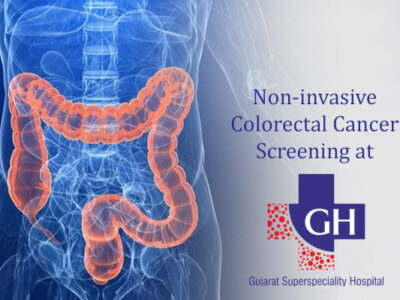Colorectal cancer is often referred to as the silent killer because many times it has been observed that it appears without any symptoms. Finally, when signs and symptoms come to the notice, it happens to be in the advanced stage thereby silently killing the affected individual and hence the name. Thus, it becomes extremely important to have a clear understanding about the symptoms so that appropriate treatment can be started at the right time for increasing the chances of saving the life of the affected individual. Colorectal cancer is also known by the names; bowel cancer, rectal cancer or colon cancer.
Symptoms of Colorectal Cancer:
Colorectal cancer is any cancer which affects any of the parts of the colon and the rectum. Some of the signs and symptoms to watch out for in this regard are as follows.
- Any changes in the usual bowel habits
- Constipation or diarrhoea without any noticeable cause
- A consistent feeling that bowel is not clear even after a bowel movement
- Blood appearing in faeces making the stool appear black
- Fresh blood coming out of the rectum
- Experiencing pain along with bloating in the abdomen
- Feeling full even after not eating for quite a long time
- Tiredness or fatigue
- Loss of weight which is unexplained
- Presence of a lump in the back passage or the abdomen
- Severe deficiency of iron without any specific reason in men or in women after menopause
Causes of Colorectal Cancer
It is not quite clear as to what causes colorectal cancer. Researches have revealed that colorectal cancer occurs at the time when the healthy cells of the colon or rectum develop some or the other kinds of errors in their DNA or genetic blue print. Inherited mutations of the gene can cause colorectal cancer and readily enhances the risk. Hereditary nonpolyposis colorectal cancer also referred to as Lynch syndrome increases the chances of colorectal cancer. Familial adenomatous polyposis which is a very rare disorder that results in causing huge number of polyps in the inner lining of the rectum or the colon which might cause colorectal and at the same time increases the risk as well.
Treatment of Colorectal Cancer
The treatment of colorectal cancer depends on a number of factors which includes the exact location of the cancerous cells, their size and the stage that colorectal cancer is in. Some of the common treatment methods used for the same are as listed below.
- Surgery is the most common methods applied where affected malignant tumours and the lymph nodes that are nearby are completely removed in order to prevent them from spreading any further. If detected at an early stage, surgery might be enough for successfully removing the cancerous cells.
- Chemotherapy is another common method of treatment involved in colorectal cancer which involves suing of medicine and chemicals. Chemotherapy may be used for shrinking the size of the tumour before a surgery. In some cases, targeted chemotherapy is involved which specifically targets the proteins that promotes the development of cancerous cells.
- Radiation therapy is also used to treat colorectal cancer where high energy radiation beams are used for the destruction of the cancerous cells and prevent them from further multiplication. Radiation therapy is very common for colorectal cancer and a combination of chemotherapy as well as radiation therapy is used for treatment.
- Ablation is a method used for destroying the tumours without their removal. The process is carried out by cryosurgery, ethanol or radiofrequency.
Thus, proper treatment methods implemented at the appropriate time can help the affected person from this condition of colorectal cancer.


